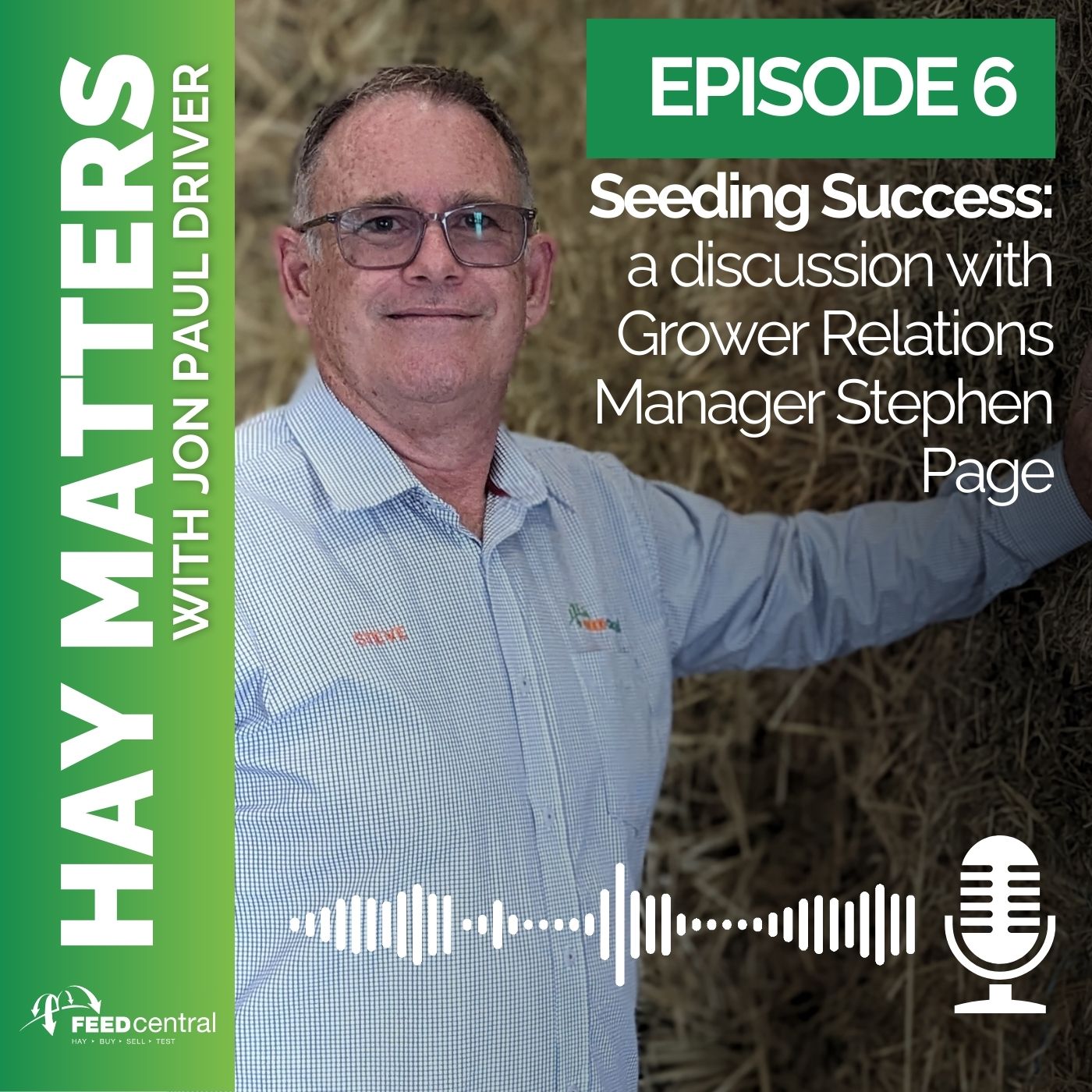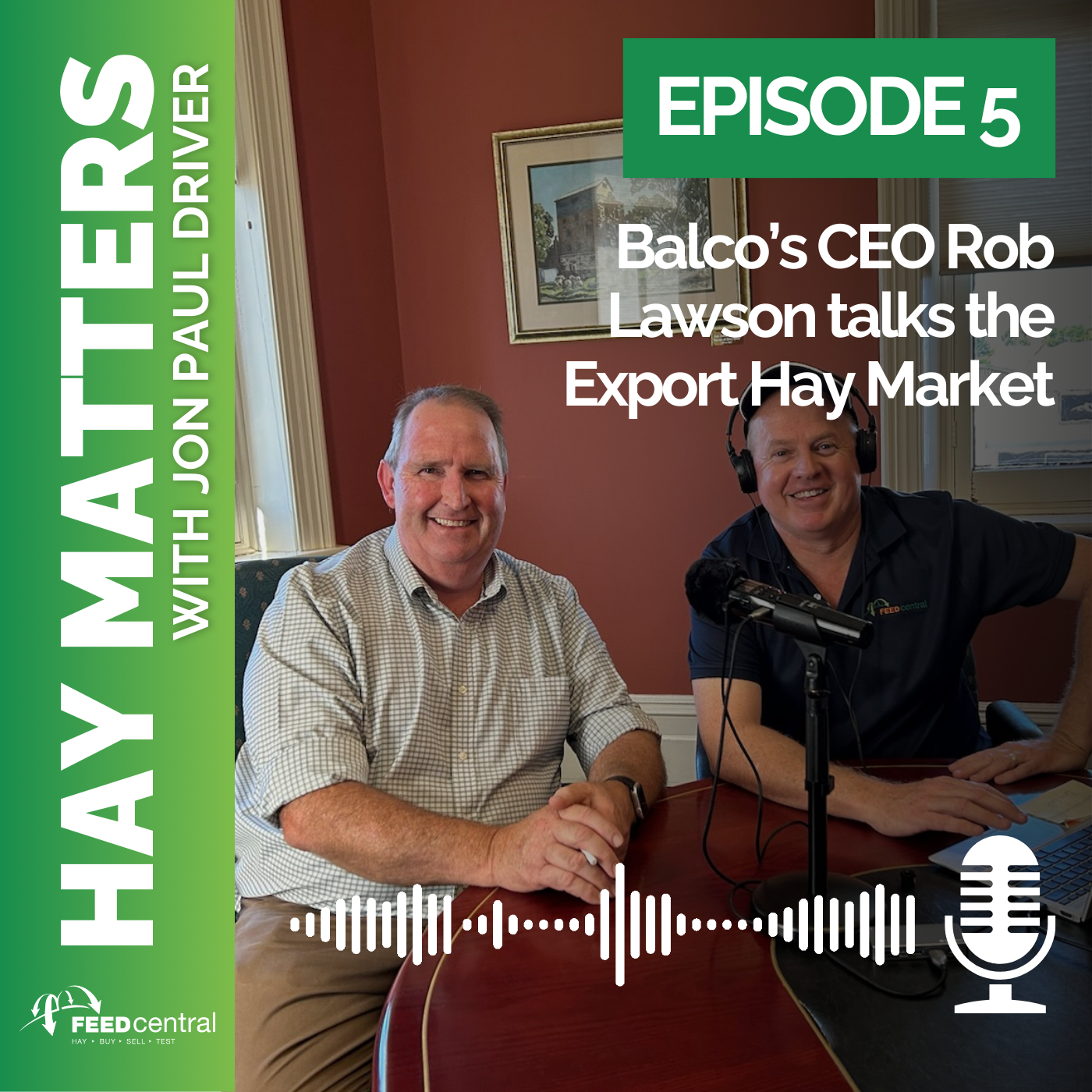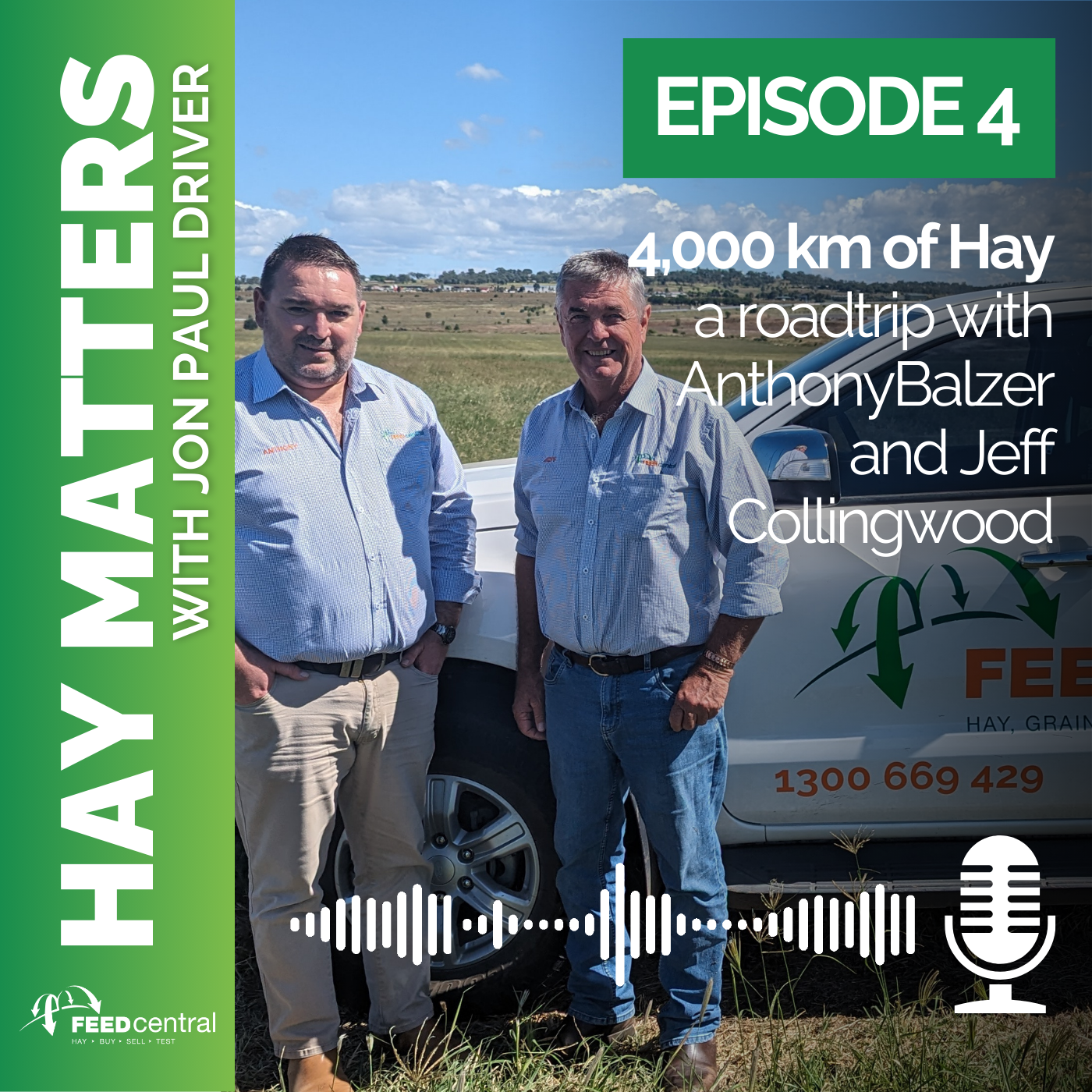This season (21/22) we expect to see limited buyers purchasing Hay off the paddock. It’s important to remember that livestock eat 365 days of the year, not just when you are making Hay. You will need to consider these things when selling hay off the paddock.
Unlike the Grain industry, the Fodder industry has no big accumulators, storage/warehousing systems, futures markets, very few speculators and generally only operates in the physical market. This is probably a good thing, however, it does mean that at times the fodder industry works slightly slower than the Grain industry, but it still works.
Why Use A Hay Shed?
Having Hay sheds on your property provides multiple benefits and is considered a market requirement if you plan to get a good return on your produce.
There has been a significant growth in Hay sheds over the past 5 years. A majority of our buyers will only buy shed-stored product. A shed gives you the ability to wait for ideal market conditions to sell your product.
It also allows you to engage in forward contracting as buyers always request for their product to have weather protection. Sheds can also significantly boost the market value of your property and mean you do not lose value over the years despite being on your depreciation schedule.
It’s important to be prepared to get bales stacked ASAP after baling to avoid weather damage on paddock-stacked bales. Round bales stack and store better outside, over large square bales.
How Long Before I Sell My Hay?
Considering the points above, a marketing period of 1-6 months after baling is realistic but fluctuating seasonal conditions can extend this to 6-12 months or longer, which is similar to many Grains. As already mentioned, in a high yielding season, Hay may carry over into the following season.
Remember, buyers need Hay all year round, not just when you are producing it, so storing and selling later can be a more profitable option. The most efficient place to store Hay is on your farm, in a shed with all-weather access.
Feed Central’s Web Marketing Service connects buyers and sellers 365 days of the year. This being said, Feed Central operates an extensive Forward Order program. This program puts in place contracts between suppliers and buyers. The contracts are tested, binding and enforceable. Feed Central contracts have a delivery spread built into them, that clearly defines the period of time for which the product needs to be held on farm.
To see how many bales of hay per acre, be sure to read this article to make sure you are not missing out.


